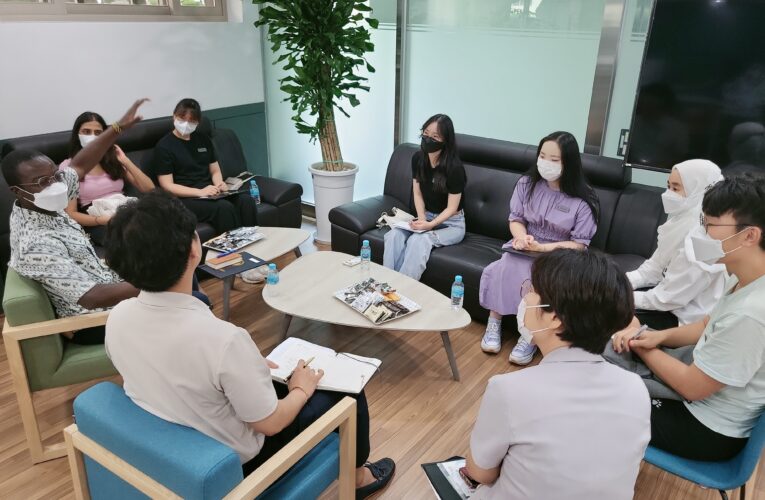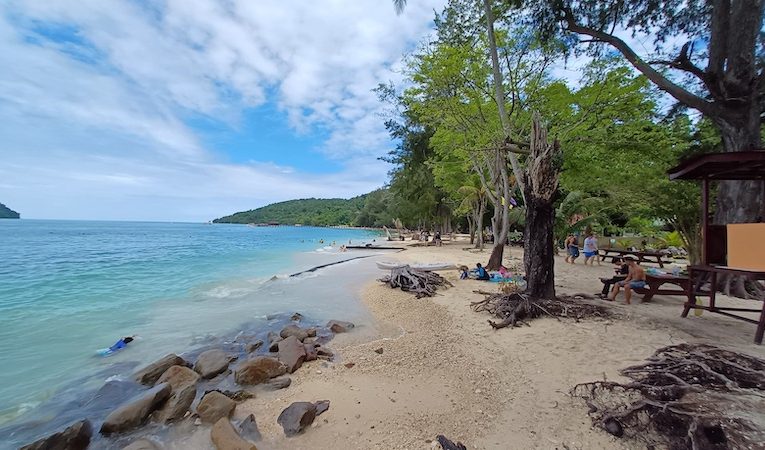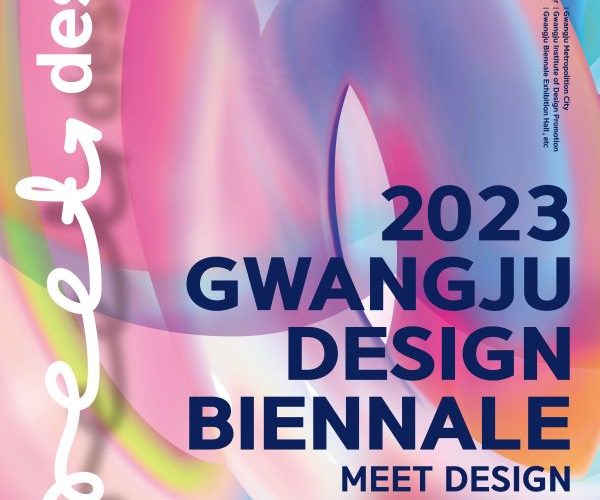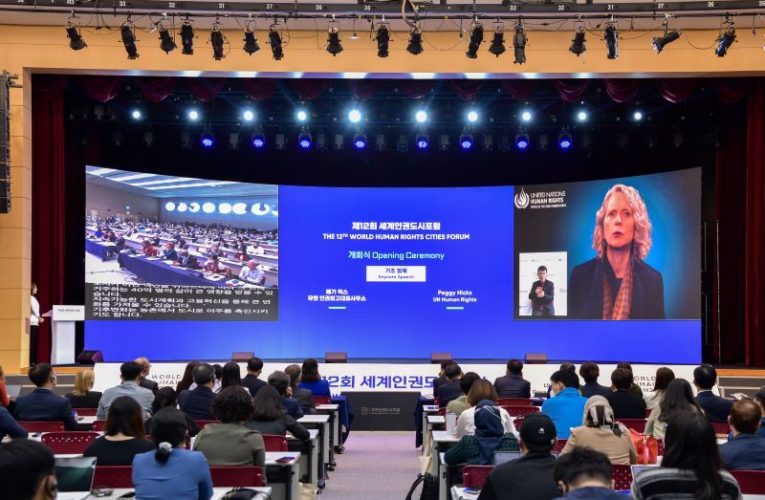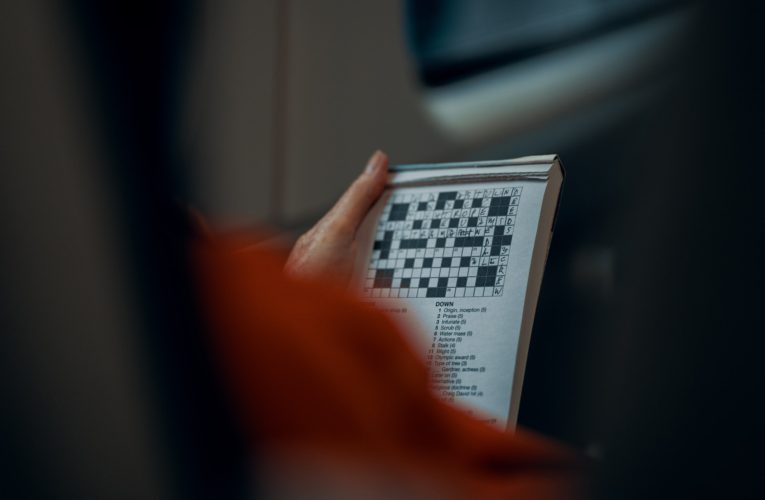July was the hottest month on record. For several decades now, we have emitted greenhouse gases far beyond sustainable levels. Maybe the attention is finally where it should have been in 1989. Unfortunately, the discourse is almost always dissonant or counter-productive, and it feels difficult for any one of us to do much of anything. We cannot change global policies, and our localities seem inconsequential. We become misanthropic. We feel powerless. We turn to wizards to save us. However, the fault lies not in our stars, but in the logic of the world system, and there are more things in Earth right now than are dreamt of in some tech bro’s philosophy.




